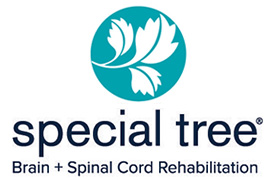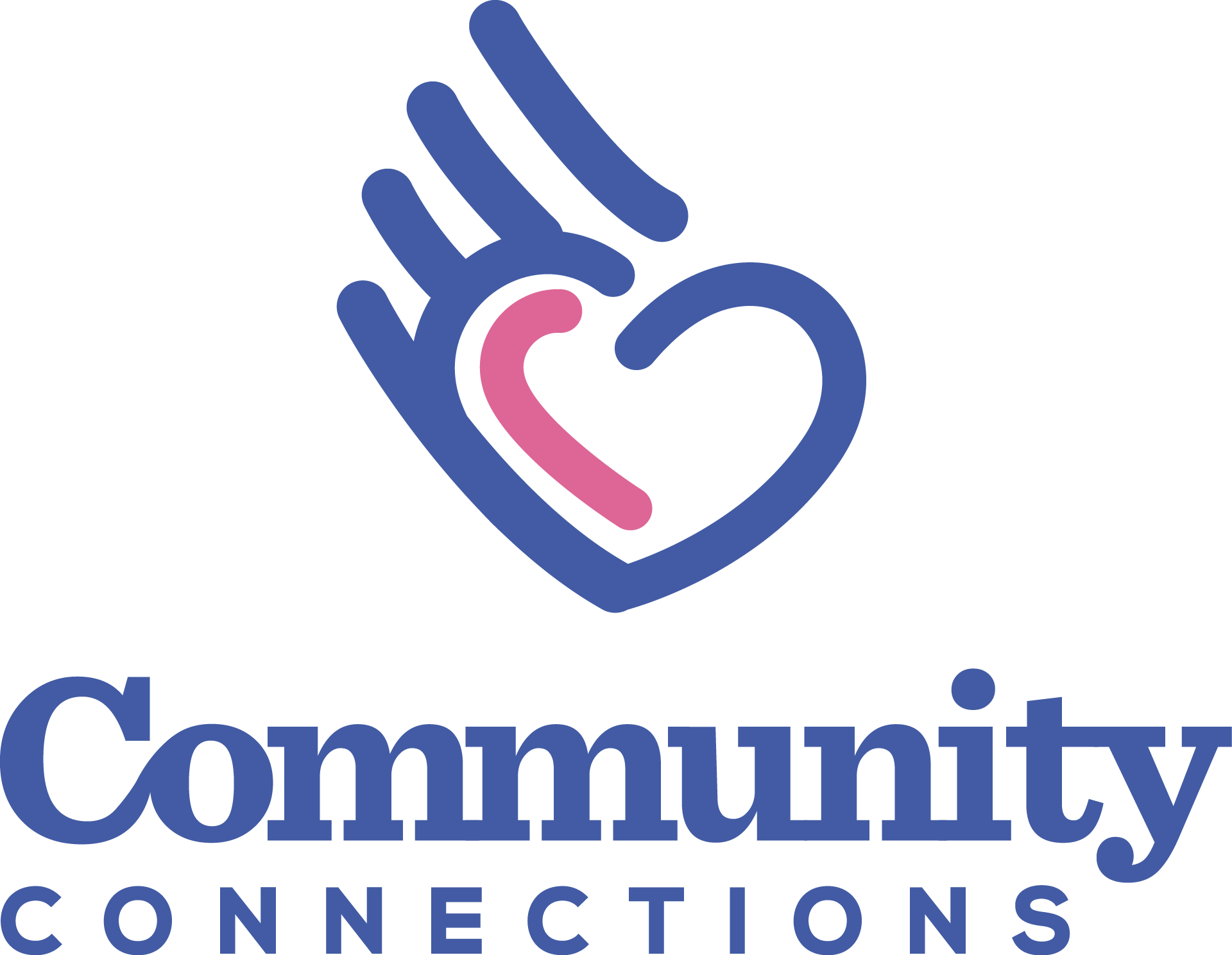Over the last 24 hours, the brain injury community has been inserted into a growing national dialogue stemming from President Trump’s comments regarding traumatic brain injuries (TBIs) sustained by 11 U.S. service members from the Iranian missile strike on the Al-Assad Air Base in Iraq.
“I heard that they had headaches and a couple of other things,” said the President. “But I will say and I can report, it is not very serious.”
When a journalist followed up and asked, “So you don’t think a potential traumatic brain injury is serious?” President Trump replied, “No, I don’t consider them very serious injuries relative to other injuries that I’ve seen… I’ve seen people with no legs and with no arms. I’ve seen people that were horribly, horribly injured.”
In response to these remarks, we (BIAMI) shared on our Facebook page our support of the opinions expressed in a press release distributed by our national office in Washington D.C., which stated in part that, “the BIAA (Brain Injury Association of America) is disappointed in the President’s characterization of TBI as ‘just a headache’ and especially in his implication that those who sustain TBIs in service for their country are not suffering serious injuries.’” Our post was flooded with many responses from brain injury survivors, their caregivers, and those who are advocates within the community. Unfortunately, the tone of the comments were rather quickly infected by the current toxicity of today’s political environment, which necessitated the removal of the post.
Yet, the obligation on the part of the brain injury community – and the Brain Injury Association of Michigan in particular – to educate, to advocate and to speak out on behalf of the constituency it serves, remains. For this is what we do. This is who we serve.
Inaccurate public statements made by anyone – be it a sitting president; a commissioner of a professional sports league; or a youth football league coach telling a parent not to worry because their child “just got their bell rung” – that intentionally or unintentionally mischaracterize the scope and severity of a brain injury must be challenged.
To be clear in this case, the controversy stems from the lack of understanding of the severity of traumatic brain injury (TBI). It is evident that we need continued education regarding brain injury within all sectors of our society. This is a prime example of how brain injuries can be overlooked and misunderstood.
Animosity and resentment do not move us forward. Anger must be channeled into a collective resolve, regardless of political persuasion, to redouble our efforts to educate both the private and public sector here in Michigan and across the country as to the size, scope and severity of brain injury as a chronic disease. We must advocate as never before for early, equal and adequate access to critical rehabilitative care for the invisible wound that is brain injury.
We, the Brain Injury Association of Michigan, stand by our promise to those we serve to continue to educate, inform, to support and advocate for the estimated 200,000 persons affected by brain injury in the state of Michigan. We will not stop pushing forward.






